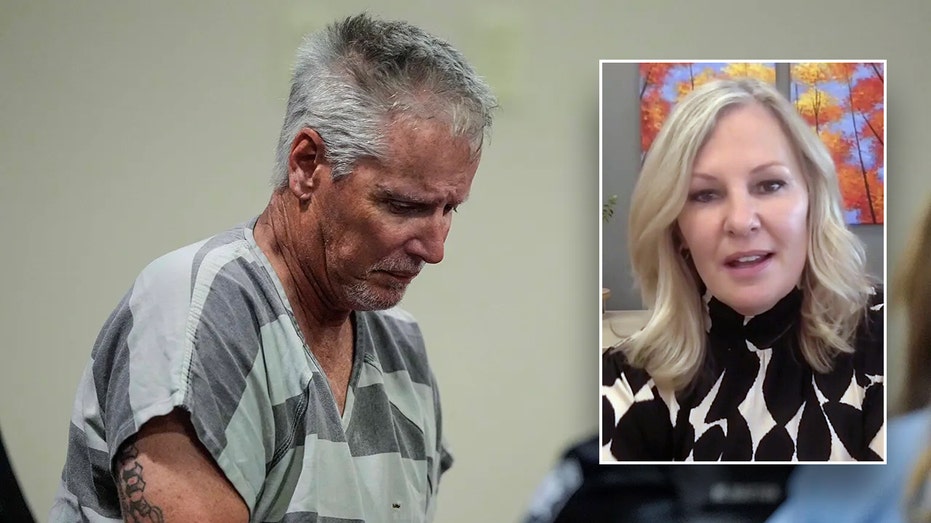Kei Chika-ura’s “Great Absence” is obviously a personal piece, the kind of drama in which one can sense a connection to the subject matter in the subtlety with which it’s handled. Anyone who has dealt with the deterioration of a parent will find something resonant in Chika-ura’s film, one that can sometimes feel self-indulgent in its pacing and length but never loses its nuance, thanks both to its refined direction and a truly stellar performance from the legendary Tatsuya Fuji. The iconic star of “In the Realm of the Senses” won an acting award at San Sebastian this year, and it’s easy to see why. Eschewing the many traps of a complex character, he truly elevates “Great Absence” above the melodrama it could have become, crafting it into a tragic tale of a father and son who may no longer have time to reconcile. How does one reconnect and forgive when one half of the relationship may not have the emotional and mental capacity to do so?
“Great Absence” has a framing device in which an actor named Takashi (Mirai Moriyama) and his producer/wife Yuki (Yoko Maki) are working on an avant garde production of Ionesco’s Exit the King. It’s a play in which a leader and his kingdom essentially vanish, making Chika-ura’s choice a bit on-the-nose given what unfolds in “Great Absence,” a story of a patriarch who has lost basically everything, including his dwindling mental faculties, and how he essentially has one chance to reconnect with a son from whom he’s essentially estranged.
Takashi and Yuki are forced to return to his home by a call to the police after an incident at his father’s home. They come back to find a deeply confused Yohji, a man who no longer seems certain of who is or where he is. They also find that Yohji’s longtime partner Naomi (Hideko Hara) is missing and Yohji asserts that she’s committed suicide. If this all makes “Great Absence” sound like a mystery/thriller, it’s not exactly that movie. Yes, there are secrets and plot twists, but Chika-ura’s style is more deliberate in its effort to create confusion instead of tension. The script jumps back to times that Takashi visited in the past, partially to fill in how tense their relationship was and to give us more details about the missing Naomi, but also to allow the film to unfold almost like the fractured memories of someone near the end of their life. The structure of “Great Absence” doesn’t aggressively recreate dementia like something like “The Father,” but there’s an element of that displacement that’s meant to unmoor viewers.
Takashi is certainly unmoored as he uncovers diaries that reveal elements of his father, Naomi, and his birth mother that he never knew about. Imagine learning great emotional secrets about a distant parent, only to be unable to unpack them because said parent can’t trust their own memories or even sense of reality. “Great Absence” is about family secrets, but it’s more about how those can be shrouded and warped by the cruelty of aging.
While Chika-ura’s direction is strong enough to wonder if he’ll be one of the next Japanese masters, he sometimes gets a bit languorous in his pacing. The version that played TIFF and San Sebastian was reportedly 152 minutes, which means 20 minutes have been cut since then, but it’s still a film that drags in points even at 132.
Still, every time it threatens to completely drift away, a choice made by Moriyama or Fuji will bring it back. Fuji deftly delineates the different versions of Yohji from the taciturn man who pushed his son away to the one crumbling under the weight of emotions that he can’t quite understand. “Great Absence” really conveys the bursts of anger and lashing out that often adjoin dementia, and it makes for a showcase for one of Japan’s best actors. There’s a part of him that wants to reconcile, but he’s not even sure how to handle today, much less all he’s done wrong in his life. The true great absence is one of time, as so many of us will eventually discover there’s just not enough of it left.










:format(jpeg):quality(80)/wp-content/uploads/2024/08/victor-ciutacu-si-david-popovici.jpg)

:format(jpeg):quality(80)/wp-content/uploads/2024/09/teapa-2024-09-07t235823934.jpg)





:format(jpeg):quality(80)/wp-content/uploads/2024/09/dina-grameni-la-rapid-dan-sucu-hagi.jpg)
:format(jpeg):quality(80)/wp-content/uploads/2024/08/sfaturi-economisire-bani.jpg)



:format(jpeg):quality(80)/wp-content/uploads/2024/09/kosovo-romania-liga-natiunilor-06092024-3-scaled-e1725699358393.jpg)
:format(jpeg):quality(80)/wp-content/uploads/2024/09/romani-congo-adelin-petrisor.jpeg)




:format(jpeg):quality(80)/wp-content/uploads/2024/09/talal-haj-kanameh-medic-dinamo.jpg)
:format(jpeg):quality(80)/wp-content/uploads/2024/09/pisici.jpg)